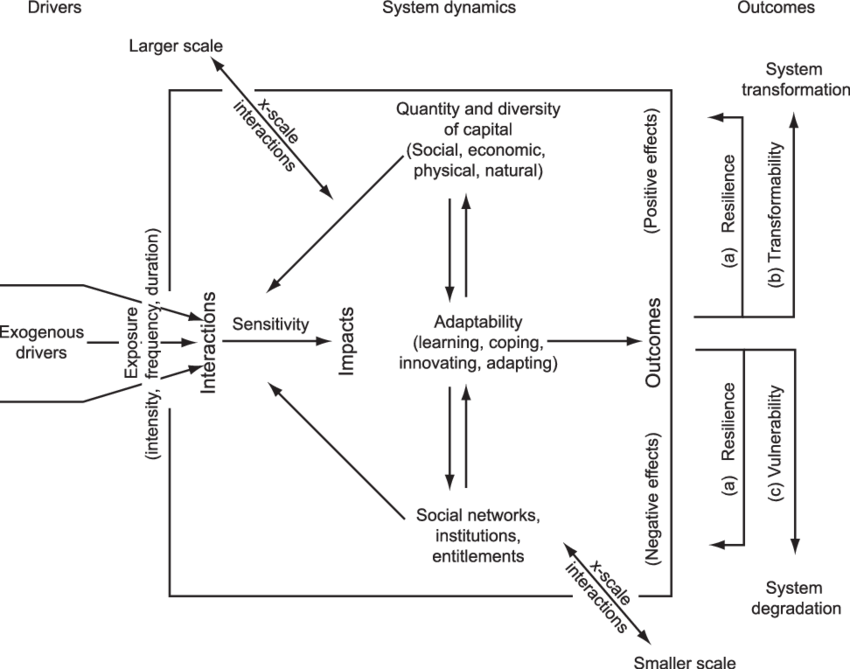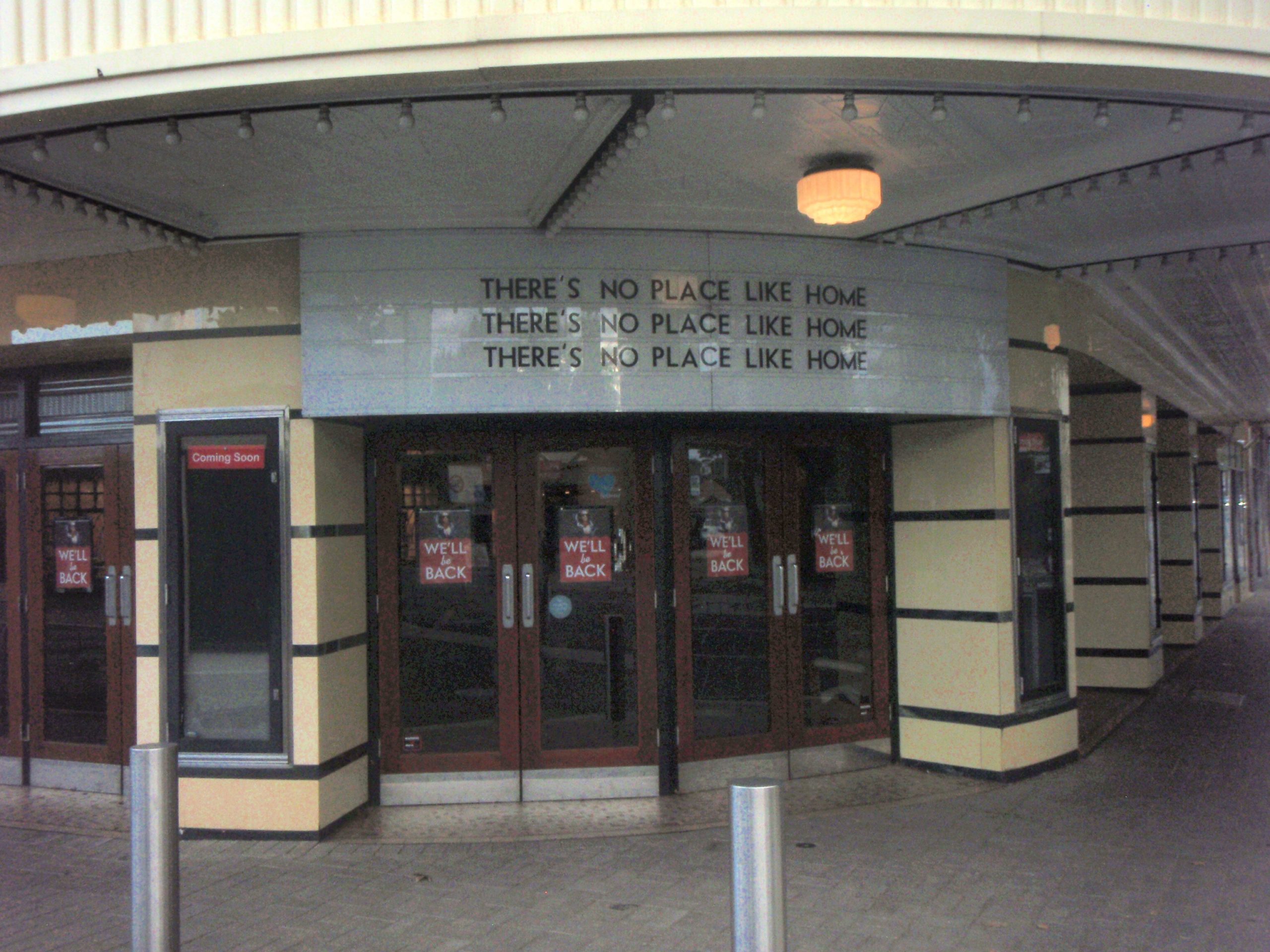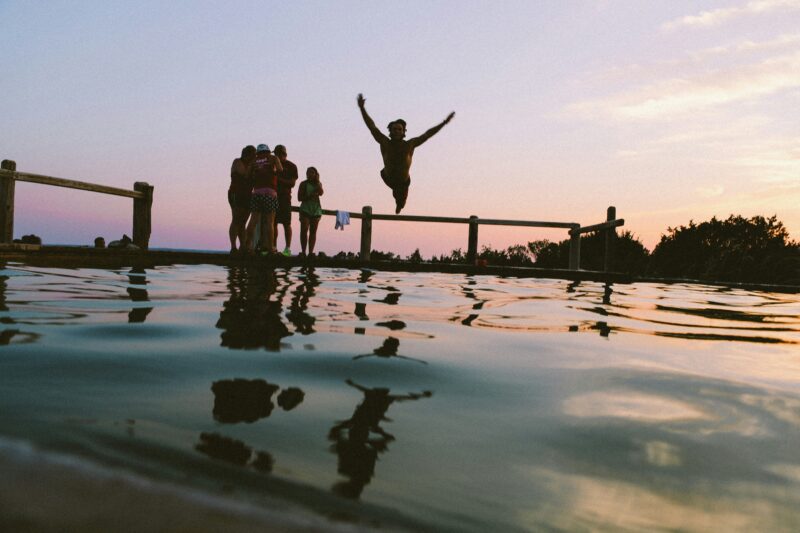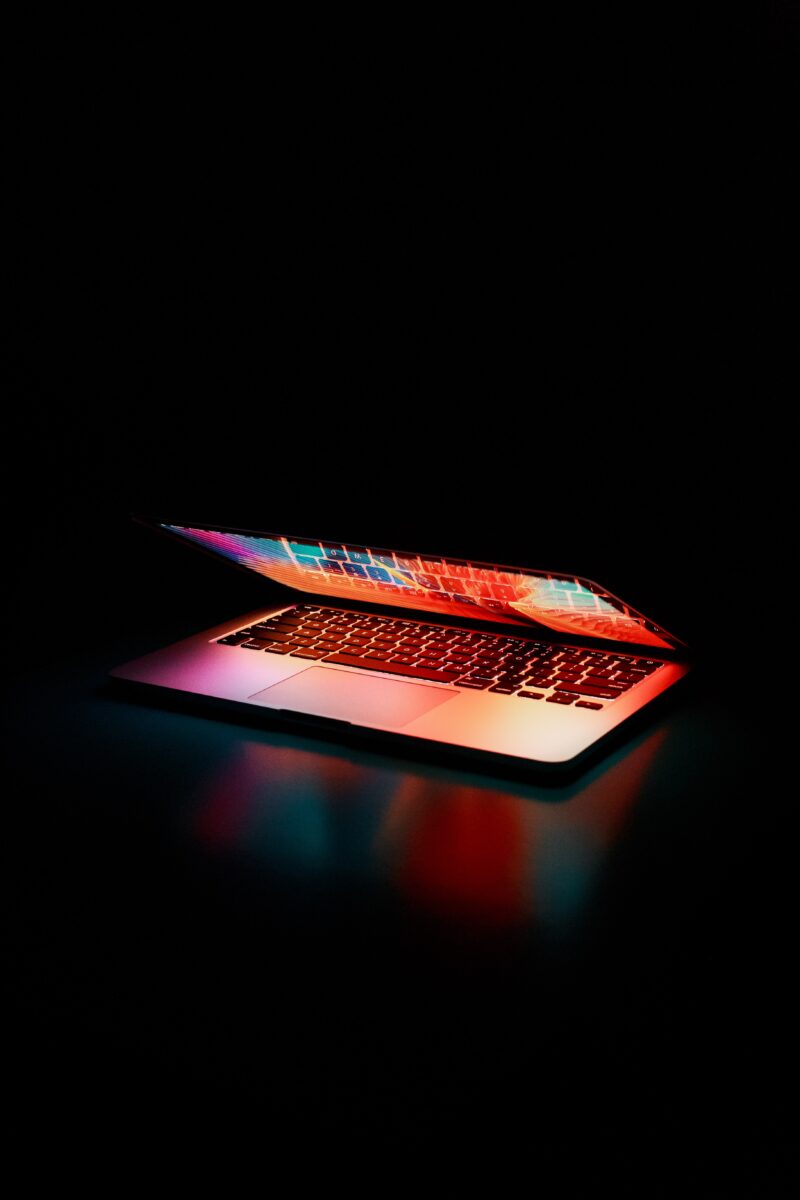Human adaptability in chaos
If we went back to this time last year, or even closer to now, the world seemed comparatively calm. As is always the case, most had at least some fears of the uncertainty of the future, but by and large most would agree that life was comparatively simple. Getting annoyed at the queuing to get a coffee or busy traffic seems to many frivolous today.
The world from small towns to big cities has been tipped on its head, but what is most fascinating is how quickly people adapt to new norms and ways of life. It has been interesting in our on-going focus groups and quantitative research how people are adjusting with ease to the unprecedented ways we are living and working. Models of human adaptability explain this and provide a level of comfort that no matter what gets thrown our way we will deal with it.
Earlier this year I reflected on the decades just gone.
“The decade just gone was a wonderful decade, but it did create a level of complacency. The world won’t change with complacency, but the chaos of late will hopefully create a burning deck to push the community and government to strive for change. Environmental sustainability, and business sustainability.
A new decade, full of fresh starts and exciting new opportunities.“
20×20 VISION FEBRUARY 14 2020
The Australian bushfires were calming down, yet the devastating impact remained. We had seen the potential of humans to be kind in times of need with record fundraising activities, and tourism campaigns such as South Australia’s #bookthemout came to the rescue to support struggling regions impacted at their critical peak period. Governments, State and Federal, reacted with, at the time, unprecedented funding to help impacted regions. In the month(s) prior people had been told to go home, stay away as the fire risk was too high.
By mid-February the impact of COVID-19 on China and Italy was concerning and seemingly dramatic lockdown responses taken, yet it wasn’t until March that the huge impact on Australia and other parts of the world hit hard. Even so, in early March, a level of apathy remained. Much of the world didn’t really take the risks overly serious. “It was nothing more than a flu” and many viewed much of the world as over reacting. Skip forward a couple weeks and the US, UK and other parts of the world argued to be slow (or nervous) to respond definitively have been impacted by horrible death tolls, and a need for now unprecedented health and economic responses. Yet, even when such horrible chaos hits, we are surprisingly adaptable, even if we are typically comfortably complacent with our normal habitualness.
Human adaptability theory and models focus on the flexibility with which humans, both as individuals and as populations, cope with environmental challenges, through both biological and behavioural / cultural means. It takes a biocultural perspective on human ecology, attempting to integrate approaches used in human biology with those more common in cultural and social anthropology.
While most studies within human adaptability have focused on a single environmental challenge, such as extreme temperatures, low oxygen pressures at high altitude, or exposure to infectious diseases, humans are often exposed to a multitude of challenges simultaneously. In the case of COVID-19, this is very much a collision of economic, health, social and other factors. While in many ways the current pandemic is impacting individuals and communities globally, there are a variety of factors meaning that while we may all be impacted, some are impacted far more than others and are facing greater severity of stressors.
People have an innate ability to adjust to stressful situations, through learning, finding coping mechanisms, innovating and adapting. Not everyone has the same level of tolerance to stressors, nor the same social networks and support infrastructure. Communities tend to work together in times of need, to provide support to the vulnerable.

We are seeing this in the bushfires and now COVID-19 with people seeking to support local small businesses likely facing a challenging environment, and more isolated and lonely individuals such as older people and those with a disability or other complexities. From Square Holes’ on-going sense making research, including weekly focus groups and survey monitoring, people are being adaptable. They are missing the physical socialising with friends and family, and the freedom to go on a day trip, and to travel locally, interstate and overseas, but they are often adjusting to the new norms and restrictions.
From our discussions, people are relieved to not need to get up so early to travel to work (and early morning gym programs). They are forming new habits from permitted exercise regime, and embracing baking and other new found hobbies. Many supermarkets are finding it as hard to keep stocks of flour on the shelves as toilet paper. Rather than have a night or two where they binge drink, they are changing their drinking patterns. They are going for more regular walks around their neighbourhood, and are saying “hello” to the people they see. People are rejoicing in more time with family, and less time getting to and from work. There is a sense of greater levels of kindness in our community, changing attitudes to working from home (likely to have positive impact on people with a disability and other more housebound individuals), and the positive impact on our environment and reducing pollution is noted. While clearly detrimental, most can see positive ramifications of COVID-19.
Rather than these challenging times being psychologically detrimental to individuals and the community, it is pleasing that for many, the opposite is the case. Many are finding this time as a psychologically valuable pause in the life, to take stock of their priorities and values. To get off the merry-go-round of life and think that local is more valuable than global and financial growth is not always the best imperative. Those with now struggling businesses and others having their employment reduced / terminated are likely finding such economic uncertainty stressful, yet often they are similarly adjusting well, especially with banks, governments and others offering unprecedented levels of support.
As opposed to humans falling apart individually and as wider communities, such chaos has actually strengthened. The vulnerabilities of individuals, businesses and governments have been exposed, and resilience tested and in many grown. There is no better test of what humans are capable of than to be exposed to fundamental upheaval of our lives, work, economies and communities. We are been tested, and have generally responded well.
From such adaptability, comes innovation and transformation. While we likely have a long way to go in overcoming the challenges, until the light at the end of this tunnel is bright, there is no question that just like other major world disruptions, in which the ramifications were horrible, people are generally highly adaptable individually and collectively.
- World War I (Approx 17–50M deaths, July 1914 – November 1918)
- Spanish Flu (Approx 50M deaths, January 1918 – December 1920)
- Great Depression (-26.7% GDP decline US, October 1929 – 1930’s)
- World War II (Approx 60M deaths, September 1939 – September 1945)
- Swine Flu (Approx 18,000 deaths April 2009 – August 2010)
An economic boom was triggered by World War I and II, with World War II propelling decades of consumerism and the explosion of the confident baby boomer generation. Humans have a high level of adaptability in times of chaos. They learn, implement coping mechanisms, innovative and adapt. They show resilience and transform our systems. It will be interesting to observe how COVID-19 (and other disruptions such as the Australian bushfires) will impact our communities and economies. A horrible virus with 134,677 as of April 16 2020, yet humans have adjusted, many businesses small and larger have transformed, and people are staying at home as much as possible.
There are now signs of light in the darkness.
How will humans and businesses transform more permanently moving forward?




